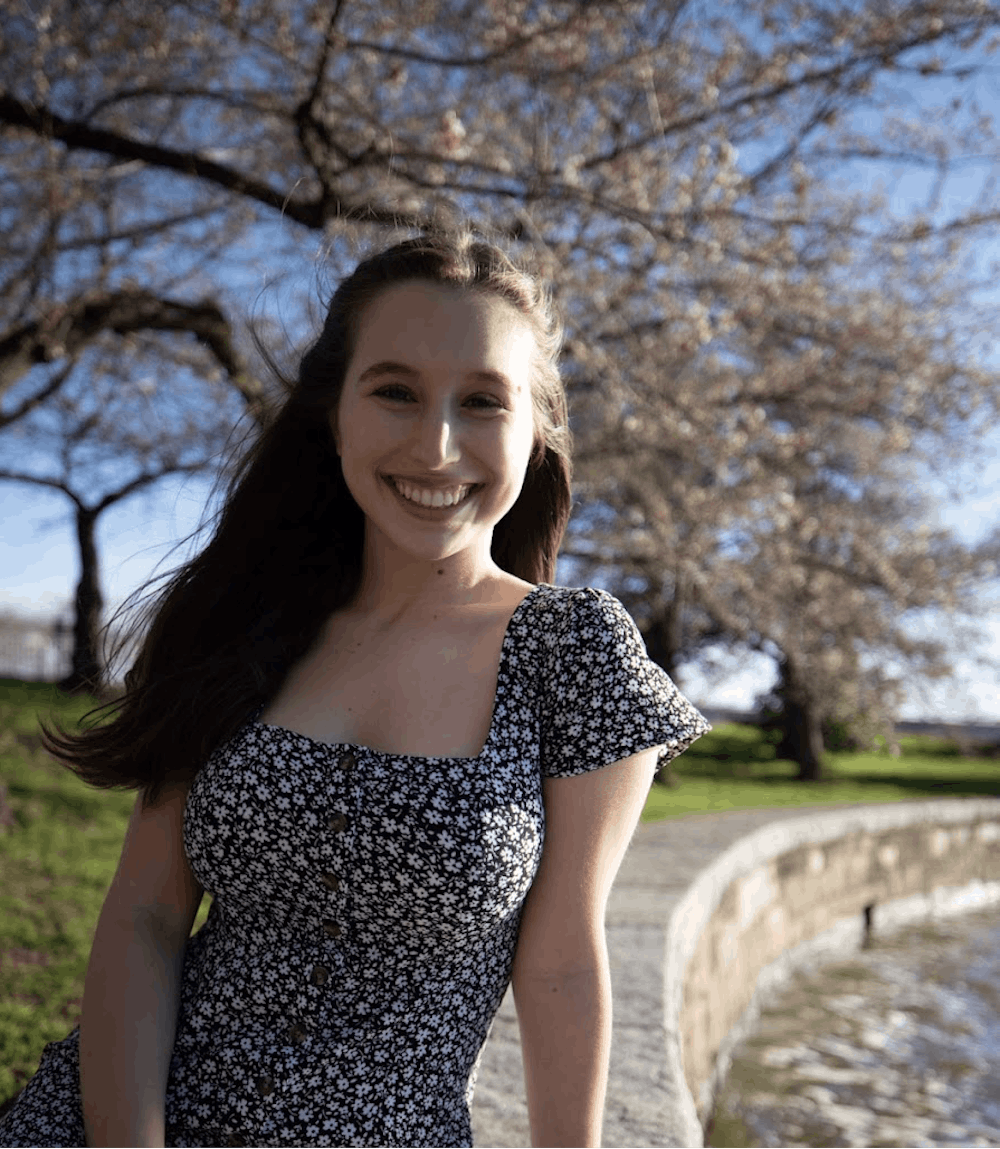I was on the phone with my mom when I learned that a swastika had been graffitied in Anderson Hall. When I alerted my mom to the news, she responded with one word: “Again?”
“Again” is the sentiment the Jewish community on campus is feeling at the moment.
Last September, when a swastika was found, social media was in a frenzy. Tapping through Instagram, I saw countless posts expressing disappointment and sadness towards the newfound antisemitism on campus. This time around, I saw maybe three or four posts. Last time, several news sources beyond the Eagle reported on the vandalism. This time, silence.
Antisemitism at American University should not be commonplace. Finding swastikas should not be so recurring that it is no longer news to us or the greater community. This can not be the new normal.
In my opinion piece on antisemitism on campus last year, I listed acts of antisemitism that took place between the graffiti on campus and the writing of my article. Since the last graffiti was found in September 2021 to the newest finding in September 2022, the Anti-Defamation League reported 512 incidents of antisemitism in the U.S. Looking through this list, it seems that a large portion of these incidents are graffitied hate symbols, like the swastika on campus.
The reason these kinds of incidents are so prevalent is cowardice. Graffiti allows for anonymity, and anonymity allows for hate to grow without consequences. Anonymity allows an antisemite to remain comforted by their beliefs with no one to challenge them. It is the coward's way of being hateful as there are no repercussions.
I’m running out of things to say because I already said it all last year. If I sound repetitive, it’s because the situation is repetitive. The only difference between last year and this year is the amount of social media attention the graffiti received. I ended my column last year with the assumption that more discriminatory acts would occur on campus in the future. At least the University properly condemned the swastika, instead of referring to it as a “possible” act of antisemitism this time around.
Aren’t people tired of hearing from me about this? Isn’t the identical nature of these situations exhausting? I remember feeling so relieved after finishing my article last year — refreshed that my thoughts had been expressed productively. Now, I’m losing hope that I will ever stop writing this article. I’m losing hope that I won’t have to keep adding 500 words to my original thoughts over and over again.
It is no coincidence that both of these antisemitic acts occurred during the Jewish High Holidays. These acts were deliberate and sought to cause harm in a time of holiness. The antisemite on campus attempted to get a rise out of the student body, by drawing the swastika during a time of Jewish comradery.
Unfortunately for them and for us, no one seemed to care.
Alexis Bernstein is a junior in the School of Public Affairs and the assistant opinion editor for The Eagle.





